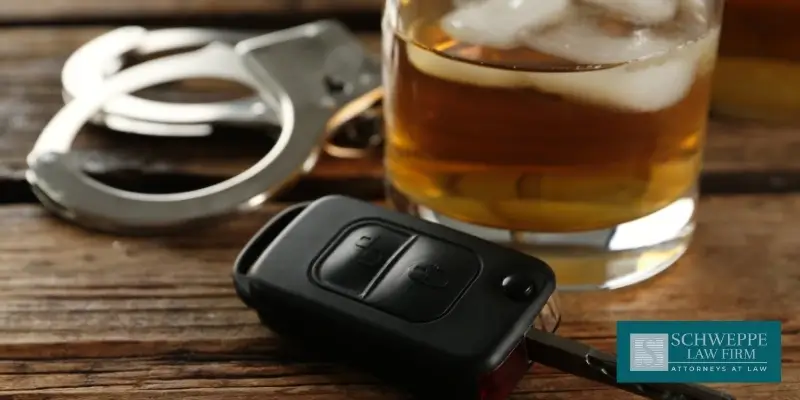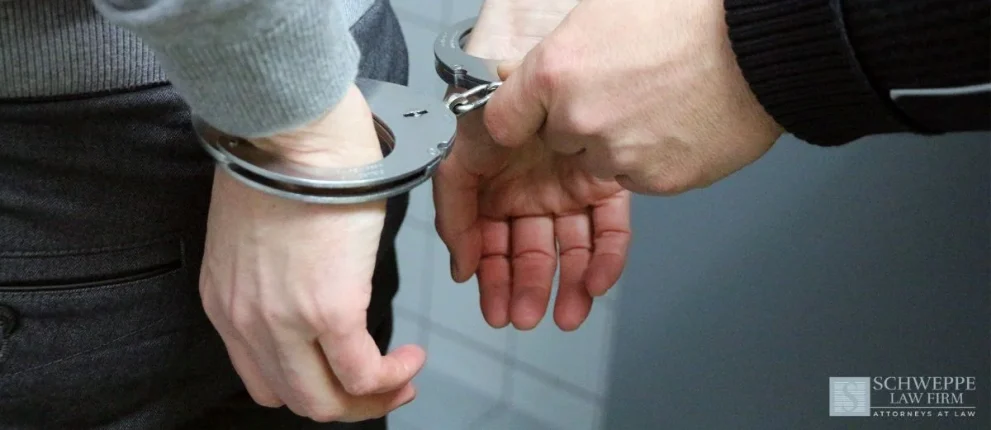We have all been there. You see a law enforcement traffic checkpoint up ahead and begin to feel nervous. Even if you have done nothing wrong, have your license and registration handy, and have checked all of the boxes, it can still be nerve-wracking to be stopped by law enforcement. In times like these, it can be helpful to be familiar with the process and to know your rights regarding Lincoln County DUI checkpoints.

What Is a DUI Checkpoint?
DUI checkpoints are temporary roadblocks set up by law enforcement to detect drivers who may be driving under the influence of alcohol or other substances. They are also sometimes referred to as sobriety checks. Sometimes, these checkpoints are strategically placed at times and locations when drivers are more likely to be impaired, such as late at night, on weekends, or during holidays.
In Lincoln County, these checkpoints are perfectly legal, but you still maintain your constitutional rights when passing through one. It is important to be aware of your rights and know what to expect so that you can be prepared to act properly in the midst of a check.
What to Expect
It can be scary to drive up to a checkpoint, especially with the large presence of police officers. However, it is important to remain calm as you go through the process. If you know what to expect beforehand, you can be prepared and confident when and if you pass through a DUI checkpoint.
DUI checkpoints are often clearly marked so that you know when and where to stop. Sometimes, you may even be informed by an officer beforehand that you are approaching a checkpoint. Once you stop, an officer may ask for your license and registration, ask where you are going or coming from, and possibly other questions related to their reasoning for setting up the checkpoint.
What Are My Rights at a Checkpoint?
Even in the presence of police officers at a checkpoint, you still have certain rights. It is important to know the applicable rights in this instance. Some of these rights relevant to being stopped at a DUI checkpoint include the right to remain silent and the protection you have against unreasonable searches and seizures. Other than answering questions related to your identity and your vehicle, you may be able to remain silent regarding other questions an officer may ask you.
If you believe you may have been treated unfairly at a DUI checkpoint and have even received penalties due to such actions, it is important to seek legal counsel as soon as possible. An experienced attorney in Lincoln County can review your situation and help you understand if you were within your constitutional rights and protections during a DUI checkpoint.
The Dos and Don’ts of a DUI Checkpoint
There are certain rules of etiquette that should be followed when you find yourself at a DUI checkpoint. Some things that may be helpful to do include
- Being polite to all officers and law enforcement personnel.
- Stop at the checkpoint when asked.
- Remain respectful even if an officer asks you to step out of your car or answer further questions.
Some things that may be helpful to refrain from doing include:
- Making any incriminating statements, such as admitting to drinking or any other extra information that you do not wish to give.
- Performing a field sobriety test. You have the right to refuse this test if you so wish.
How a Lawyer Can Help
If you are facing charges or claims due to being stopped at a DUI checkpoint, an experienced attorney can help you get the outcome you deserve. An attorney can review the evidence and facts of your case, take statements, and work to ensure that your case is assessed fairly. An attorney can even represent you in court if necessary. Furthermore, they can help you to understand your legal rights and protections.
FAQs About Lincoln County DWI Law
Is There an App That Tells You Where Checkpoints Are Located?
There are apps that can help provide information as to where checkpoints are located. This information is typically provided by users who are fellow drivers on the road. One popular app that does this is Relaid. However, the information on apps such as these, originate from users and should not be depended on as absolute fact.
Do You Have to Show ID at a DUI Checkpoint in North Carolina?
If you are stopped at a DUI checkpoint in North Carolina and an officer requests to see your ID, you must show it to them. Officers at a checkpoint may ask for your driver’s license and registration, both of which you must have in order to be legally operating a vehicle.
Does Google Maps Tell You About DUI Checkpoints?
Google Maps does not specifically indicate DUI checkpoints. However, the app does show slow or stopped traffic over a period of time, meaning that someone could assume there might be a DUI checkpoint if there are indications on the map of slow or stopped traffic. Google Maps can also provide alternate routes for such occurrences, leading to a faster route to your destination.
Is it Illegal to Turn Around at a DUI Checkpoint?
It is not illegal to make a legal turnaround at a DUI checkpoint. However, if you do so, a police officer may follow you and inquire as to why you turned around. Officers conducting a checkpoint have the ability to follow you and question your reasoning for turning around. There is a difference between legal turns and illegal turns, and even in the case of stopped traffic, you are still required to make only a legal turnaround.
Contact The Schweppe Law Firm, P.A. Today
If you have questions about a traffic ticket you received or any other legal-related questions, it can be extremely helpful to have an experienced attorney assess your situation. They can provide insight into the circumstances and your potential routes forward. Reach out today to learn more about how we can help.









